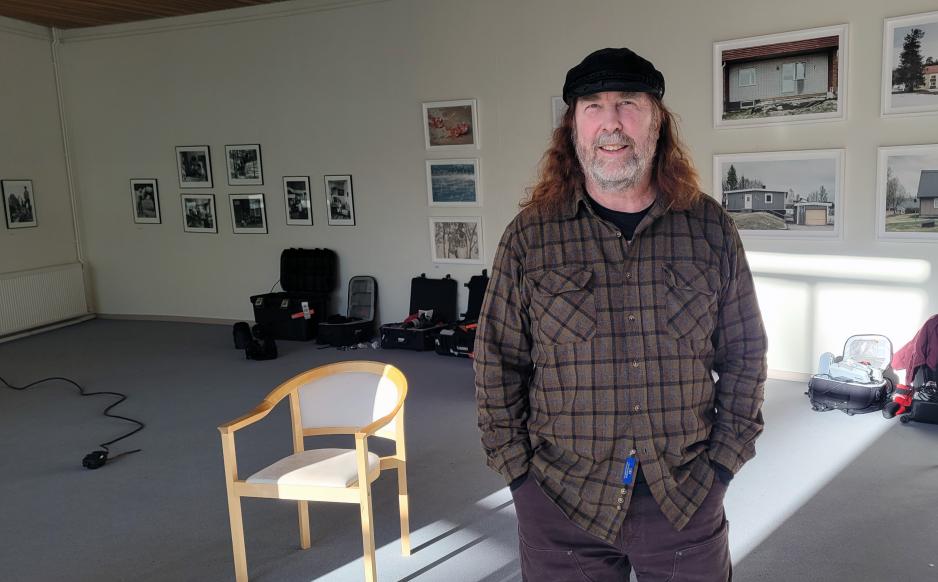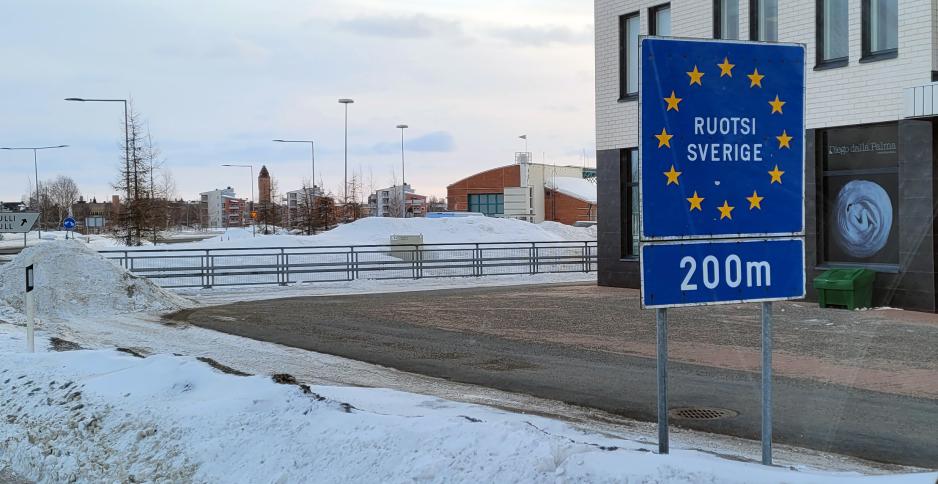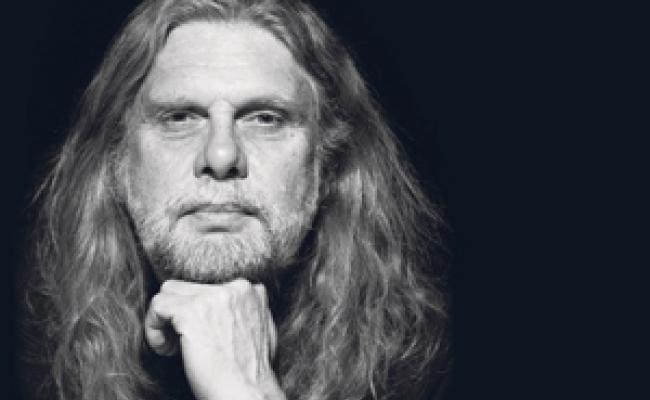The High North Tour 2022 A Journey Along the New Iron Curtain

Bruce Forbes, researcher at the Arctic Center in Rovaniemi, Finland is unable to pay his Russian colleagues (Photo: Arne O. Holm)
(Commentary) Rovaniemi/Arvidsjaur: Traveling along the Russian border is a journey in cancelled meeting places. First due to the pandemic. Then, due to the war that in the blink of an eye also put a halt to the digital meetings between East and West.
That leaves neighbors on their respective sides of what most of all resembles the iron curtain of the Cold War.
Mika Riipa, who has been the leader of Finnish Lapland since 2013, looks down at his calendar that is almost void of any international agreements. It is about the Barents Cooperation, about bilateral cooperation with colleagues in Murmansk, about the Arctic Council, and about the Northern Forum, to mention but a few.
A moral dilemma
Northern Forum is an organization consisting of 14 regions from Alaska to Siberia. Mika Riipa is its president and leads work about improving the livelihood for people who live in the North.
Eight of the member regions are Russian. All cooperation has come to a halt.
It takes about a quarter of an hour to walk from Riipa’s office in Rovaniemi, Finnish Lapland to where I meet Bruce Forbes. He moved from the USA to Finland 28 years ago and is a legend in research cooperation with the indigenous people of Siberia in Russia. This cooperation has also come to a halt, much against Forbes’ will if I am to interpret him. The worst thing, however, is that he does not get to pay is Russian colleagues and partners for work already paid out.
On the day that I met him, he was out on a frustrated and failing hunt for loopholes in the strict sanctions regime that makes transferring money to Russia virtually impossible. His last hope was to pay from his own bank account. Finding himself in this moral dilemma made Bruce a haunted man.
He knows all too well that his colleagues on the other side of the iron curtain need western currency now more than ever before.

The border between Sweden and Finland. The support for NATO increases on both sides of the border. (Photo: Arne O. Holm)
Internationally vowen
Once again it is striking to see how internationally intervowen the High North is. I saw that last winter too, when I was journeying Northern Norway in the shadow of the pandemic.
Both politics, business and academia in the North are first and last about international markets and international cooperation.
I wheel out from Rovaniemi and once again hit the icy roads cutting through the never-ending forest. A break, perhaps just a few seconds, before it once again engulfs my mobile home office, a car that is rather left alone on the roads of this borderland.
Finland and Sweden meet in two towns that appear to grow into one, Torneå and Haparanda. The population of the two countries also meet through increasing support for international security policy cooperation.
Just a few days ago, the defense chiefs from Norway, Sweden and Finland met to stress the Nordic defense cooperation, and in Sweden as well as Finland, the desire to join NATO appears to be growing by the minute. If Finland were to decide to join NATO, Sweden should follow suit, according to an overwhelming majority of the Swedes.
The EU or NATO
Both Finland and Sweden are Eu members and are also moving towards NATO. Norway is a NATO member state, however, it is also incapable of having a constructive debate about EU membership. A divided Labor party governing alongside with the agrarian Center Party choke any attempt at EU debate.
That illustrates the tense, security policy situation in the High North.
This happens at a time in which the significance of the EU can hardly be overestimated, both during the pandemic, in the struggle against climate change, and now the war in Ukraine. In all these areas, the EU has played and is playing a key role, without it making any impression on the political opposition inside the government.
Eradicated
It is evening by the time I find a parking space in Arvidsjaur, Sweden. That is not by chance.
Here, in Arvidsjaur, the Norrland Dragon Regiment was re-established as late as September last year. That illustrates the tense, security policy situation in the High North.
During the war, Russia has chosen to move large troops from the border against Finland and Norway to Ukraine. During the past week, several sources have reported that the ground forces of the Russian Northern Fleet have been more or less eradicated in Ukraine. These are soldiers meant for a war against Norway and Finland, but they are no threat now, if we are to believe the defense experts.
Normally, the 200th Motorized Infantry Brigade is located in Pechenga, or Petsamo, which still is the Finnish name for the town that used to be Finnish until 1944.
At the same time, the Nordic countries are strengthening all their branches of defense in the North.
Today I leave the EU and enter NATO. In other words, I am returning to Norway again.
More from Arne O. Holm:
This commentary was originally published in Norwegian and has been translated by HNN's Elisabeth Bergquist.




